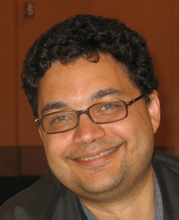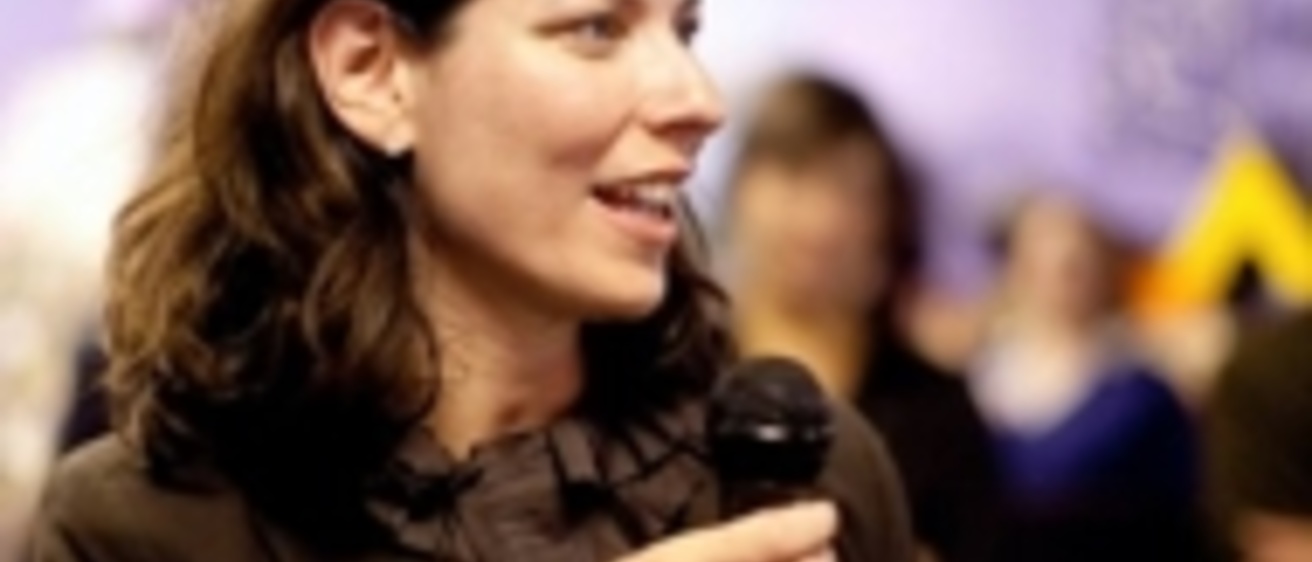Designing the Future for Publicly Engaged Research and Teaching in the Humanities
Panel Discussion: Monday, March 10, 4:00-5:30pm, 304 EPB
A recent New York Times Opinion piece by Nicholas Kristof—“Professors, We Need You!”—inspired national debate about the status of “public intellectuals.” The Obermann Center continues the conversation on March 10, 2014, with the next two speakers in our yearlong “Designing the Future” series—“Designing the Future for Publicly Engaged Research and Teaching in the Humanities.” We are delighted to welcome Professor Sara Guyer from the University of Wisconsin and Professor Matthew Countryman of the University of Michigan. Both direct centers with nationally renowned programs focused on the public potential of the humanities.
The University of Iowa has also garnered considerable notice for our own innovative programs in public scholarship and teaching—from our active participation in the consortium Imagining America: Artists and Scholars in Public Life to President Sally Mason’s appointment to the board of Campus Compact to the Obermann Center’s Graduate Institute on Engagement and the Academy to the new University of Iowa Press book series, Humanities and Public Life, co-edited by Teresa Mangum and Anne Valk. However, too often innovative, collaborative, community-focused humanities scholarship is labeled “outreach” or “service” rather than rewarded at crucial moments of tenure and promotion.
Drawing on exciting projects at The Arts of Citizenship program at the University of Michigan and the Center for the Humanities at the University of Wisconsin, Professors Countryman and Guyer will discuss the future of the public and publicly engaged humanities at their home institutions and in research universities across the country. The panel will be held 4:00 to 5:30 pm, Gerber Lounge (304 EPB); everyone is welcome. Please join us for this important opportunity to imagine a future for publicly engaged research and teaching in the humanities at the University of Iowa.
For a rich introduction to the panel and conversation, see Imagining America’s Scholarship in Public Knowledge Creation and Tenure Policy in the Engaged University.
Sara Guyer, Director of University of Wisconsin at Madison's Center for the Humanities
Sara Guyer is Professor of English, Comparative Literature, and Jewish Studies and Director of the Center for the Humanities at the University of Wisconsin at Madison. She is a national leader in theorizing and enacting the civic function of the arts and humanities. Her humanities center organizes annual conferences on the public humanities, leads a “Great World Texts” program for the state of Wisconsin, supports graduate public humanities fellows, and has just instituted a new graduate minor in the public humanities. She is also the author of Romanticism after Auschwitz (Stanford UP, 2007) and the forthcoming Biopoetics: Reading with John Clare (Northwestern UP). Her recent publications range from biopoetics to anthropomorphism to genocide memorials in Rwanda.

Matthew Countryman is Associate Professor of History and American Culture and Faculty Director of the Arts of Citizenship program at the University of Michigan at Ann Arbor. The Arts of Citizen program helps University of Michigan Graduate Students develop collaborative projects with community partners to address real-world challenges and enhance students’ professional development through an annual Institute and a fellowship program. He is the author of Up South: Civil Rights and Black Power in Philadelphia, which won the 2006 Liberty Legacy Foundation Award for the best book in civil rights history from the Organization of American Historians. He is on the editorial board for Pennsylvania Magazine of History and Biography, and is the associate editor of the Encyclopedia of Greater Philadelphia (2014). His research interests include African-American social and political movements, comparative race and ethnicity, and United States politics.
With co-sponsorship from the Humanities Advisory Board, Office of the Vice President for Research & Economic Development, the English Department, the History Department, and the Philological Quarterly.
